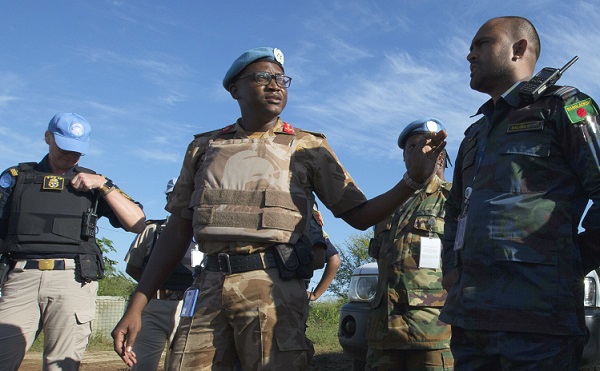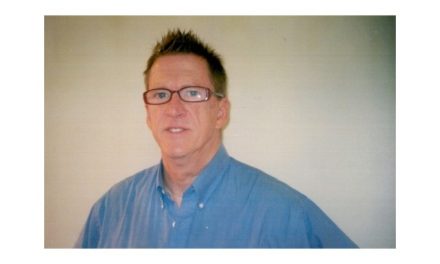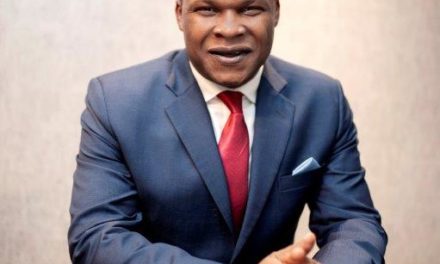
Namibian Police on the forefront of peacekeeping in South Sudan

Deputy Commissioner Naftal Sakaria of the Namibian Police talks to Fran Mold of the UN Mission in South Sudan. She recently joined him during a patrol outside Juba to deter criminal activity. He is one of four Nampol officers stationed in South Sudan.
Protection of Civilians (POC) is an important concept for the women and children living in specially protected areas on the outskirts of Juba in South Sudan. These sanctuaries provide protection to over 200,000 vulnerable people but criminal youth gangs have learned the women are easy prey when they have to leave the camp to collect firewood.
UNPOl, the UN’s police contingent in South Sudan conduct regular patrols of the terrain near the POC camps. Deputy Commissioner Sakaria said these are clean-up operations. They receive information from the women living in the camps and then do the follow-up work.
“There were reports of harassment and robbery and in the past even rape so it is important that we come to check the area to make sure there are no weapons and to warn them [gang members] that we aware of activities taking place and if that continues we will next time take action, and round them up and hand them over to the local authorities. We are assisted by UN peacekeepers to cordon off the area while UNPOL police officers do the individual body search and a search of the surrounding area” he said explaining the reason for their presence.
During this particular patrol no incriminating evidence was found on any of the young gang members but nine were rounded up and searched, sending a clear message that criminal activity is not tolerated.
Deputy Commissioner Sakaria continued “Basically, young men come here, and understandably so, if you can imagine young people sitting idling, doing nothing, they will try to find something to do. So, you have young men who form gangs and they will come here and hang out, and of course they use the valley to wash their clothes and wash themselves as well; but in the meantime they will be planning other activities, possibly criminal activities, perhaps out of boredom. But when you talk to them they will tell you no, we are here just to wash ourselves and wash out clothes.”
As a preventative measure, the young men are searched for weapons. After each round-up, the purpose of the search is explained and the gangsters are warned to stay away from the POC camp and from the residents.
“Today we are questioning nine young men. We are warning them to stay out of this place. If we hear more reports of crime coming from this area, we will take further action” said Sakaria.
Regarding the women and children living in the camp, he said “We want to ensure that they are protected under the UN presence; they should feel safe and not threatened by other people. We need to carry out random searches to bolster security around the POC and to ensure it remains civilian in nature.”
If any suspicious activity is detected or when weapons are found on some of the gangsters, they are handed to officials at a police checkpoint run by the South Sudanese authorities. No weapons are allowed in the weapon-free zone.
“If something illegal is found they [UNPOL members] will take possession of the item. They will then take under escort of UNPOL police officers the suspects to the checkpoint and hand them over to the local authorities” he said.
“For South Sudan, and I always tell my colleagues, that you may end your mission before peace is achieved, but ultimately, one day you will return to this place and you will say, “I was part of the process and I contributed as an individual.”
Pictured are Deputy Commissioner Naftal Sakaria (centre) of the Namibian Police Force directing a cordon and search patrol of UN police officers in Juba South Sudan. (Photograph by UNMISS/Eric Kanalstein)












































